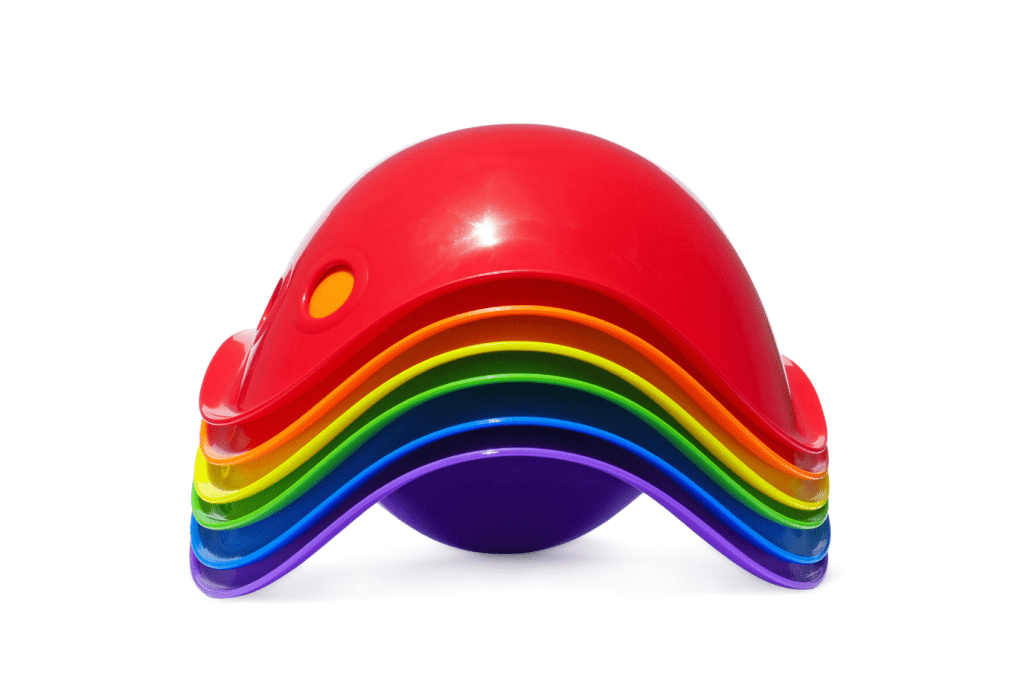Menu
-
-
Easter Basket Gifts
-
Shop Gifts By Age
- Gifts For a 0-6 Month Old
- Gifts For A 6-12 Month Old
- Gifts For A One Year Old
- Gifts For A Two Year Old
- Gifts For A Three Year Old
- Gifts For A Four Year Old
- Gifts For A Five Year Old
- Gifts For A Six Year Old
- Gifts For A Seven Year Old
- Gifts For An Eight Year Old
- Gifts For A Nine Year Old
- Gifts For A Ten Year Old
-
Shop Gifts By Budget
- New Arrivals
-
Toys
- Large Active Toys
- Animal Toys
- Arts & Crafts
- Award-Winning Toys
- Bath Toys
- Birthday Wishlists
- Building Toys
- Cars, Trains, & Trucks
- Games
- Instruments
- Loose Parts Play
- Loot Bag Toys
- Made in Canada
- Outdoor Toys
- Pretend Play
- Puzzles
- Sensory And Fidget Toys
- Sensory Bin Tools & Fillers
- STEM Toys & Activities
- Toronto-Themed Gifts
- Travel Toys
- Wooden Toys
- Waiting Room Toys & Furniture
-
Montessori Materials
- Montessori At-Home Program
-
Montessori Furniture
-
Bundles & Sales
-
Books
-
Shop By Age
-
Shop By Brand
-
Brands A-F
- 3 Sprouts
- 4M
- Ark Therapeutic
- Avenir
- B. Toys
- Bamboo Switch
- Beleduc
- Bob Books
- Brio
- bug + bean
- Carpets for Kids
- Cherrypick
- Children's Factory
- CJECOPLAY
- Clixo
- Connetix Tiles
- Crayola
- Creativity For Kids
- Crocodile Creek
- DJECO
- Educare
- Educational Insights
- Educo
- eeBoo
- Erzi
- ezpz
- Fat Brain Toys
- Fidget Company
- Foundations
- Brands G-L
- Brands M-R
- Brands S-Z
-
Brands A-F
-
- 866-901-4696
- Gift Registry
- Login

Why It's Hard for Toddlers To Make Friends
2 min read

Social skills are an area where parents can get caught up comparing their children to others. I know I have!
We organize play dates or encourage our children to join other kids at the park, only for them to stand nearby the other kids, continuing to do their own thing.
It's easy to worry that their social development is behind.
BUT this is completely normal.
It's not until around 3 years of age that children begin to show an interest in their peers.
Before this, children are mostly focused on themselves and their immediate family - FOR GOOD REASON.
The first three years of life are an important period of growth. Children are meant to focus on themselves.
Not because they’re being selfish but because their focus is on building who they are and discovering the world around them.
This isn’t to say that children under three can’t be friendly or form connections with others—just that their social development is still in its early stages, and their primary focus is naturally inward.
Why It's Hard for Toddlers To Make Friends
Having friends requires skills that can be difficult for young children to navigate until they have more life experience.
Friendships involve:
- communication
- empathy
- perspective-taking
- turn-taking
- conflict resolution
That’s a lot for little ones to handle so it’s okay if they’re not ready to join in a group game at the park, or if they sit with other children in the sandbox without speaking to them.
They are still learning so much by sharing space with other children.
The Three Stages of Play
There are 3 types of play phases that children between the ages of 2-4 go through:
- Parallel play (ages 2+) - When a child plays alongside or near others but does not play with them.
- Associative play (age 3-4) - engaging in the same activity but not necessarily together. Children may begin to interact but it’s minimal.
- Cooperative play (ages 4+) - When a child plays together with others and has an interest in both the activity and other children involved.
With the information above in mind, it could be closer to 4 years of age before your child wants to play with others and show an interest in friendships.
How to Support The Development of Your Child's Social Skills
Children have different personality types, just like adults. Some are naturally outgoing and eager to join in, while others are more reserved and need time to feel comfortable in a group.
Give them time. Trust that they’re learning, even when it doesn’t look the way you expected.
If you want to support the development of your child's social skills, here's a few things you can do:
- Go to places with other children - this could be joining a group or simply going to the playground on a warm day.
- Give your child time and space to observe and interact with others before jumping in.
- Role-play social scenarios. Use toys or daily situations to practise skills like taking turns, asking to play or showing empathy.
- Read books about friendship. Stories are a wonderful way to explore social situations and emotions in a way that feels safe and relatable.
Join Our Montessori Community
Sign up to get weekly activities, free printables, Montessori parenting guidance, and so much more.
Plus, get $10 off your first order of $100+.
Like this article? Get new articles, weekly activities, free printables, Montessori parenting guidance, and so much more.
One mom recently shared:
"Your newsletter is always SO great. It is one of the few I open and read weekly. You provide so much value. Thank you!"



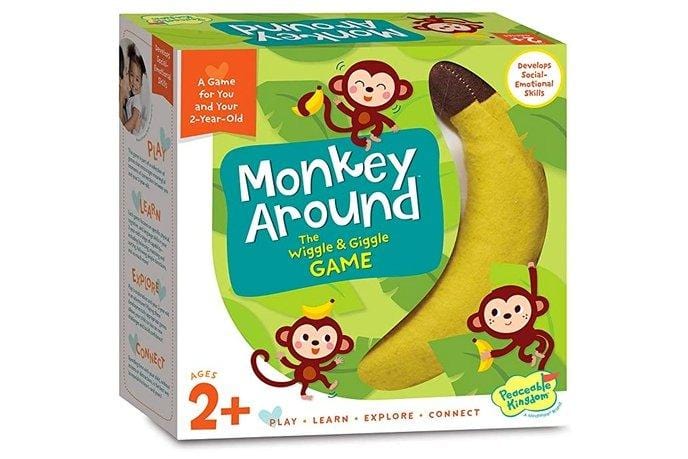
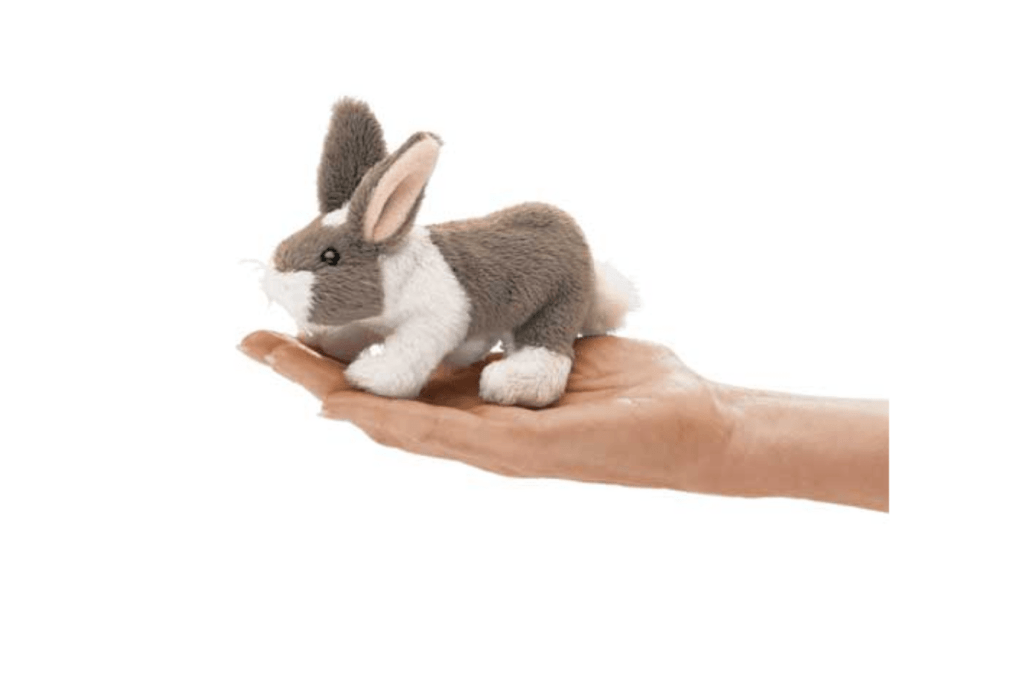
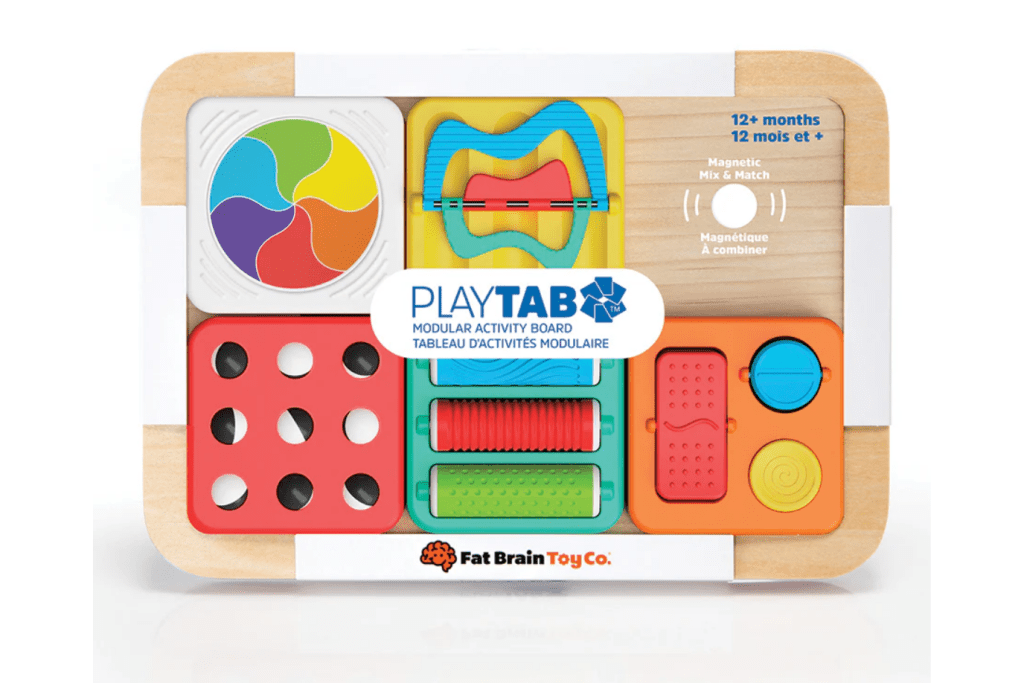
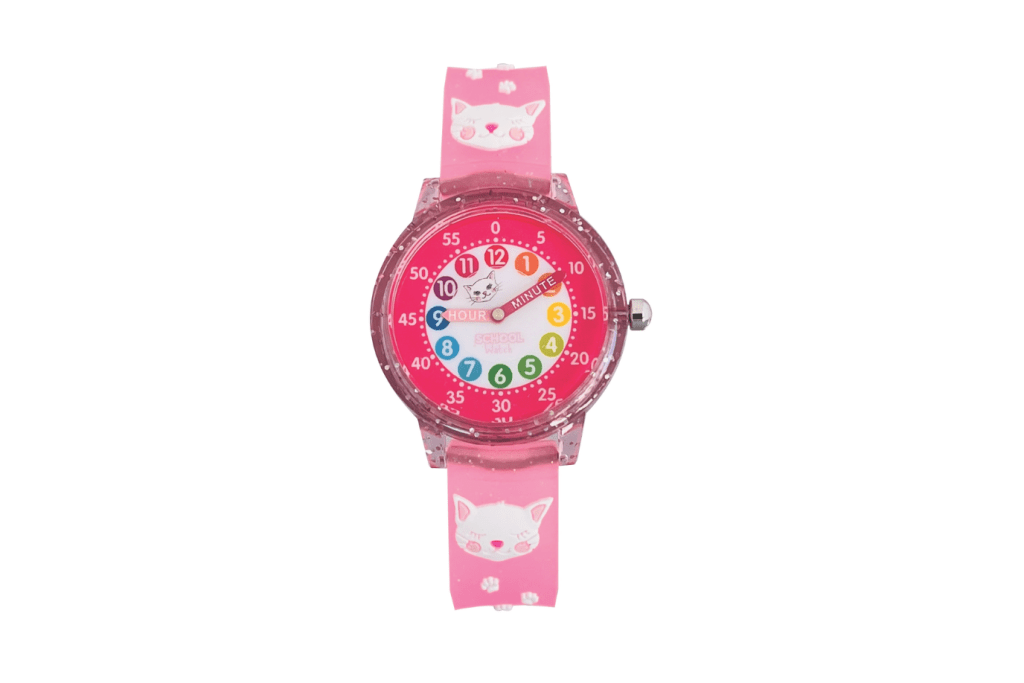
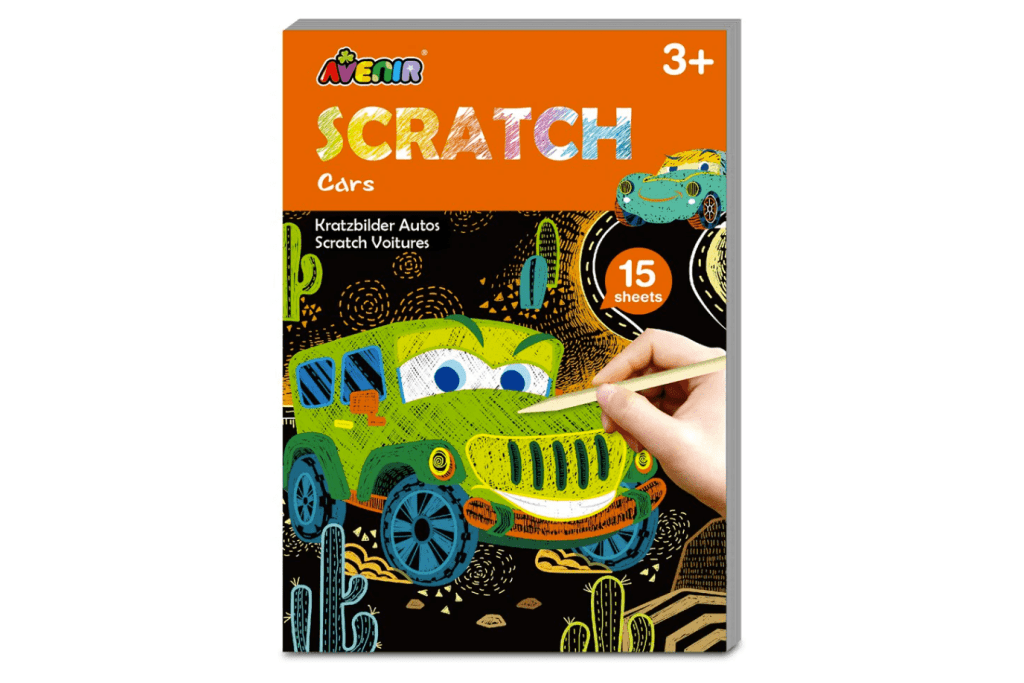

![Kidamento Kidamento Children's Cameras [3 Models]](http://themontessoriroom.com/cdn/shop/products/kidamento-childrens-cameras-3-models-661353_1600x.png?v=1699075281)
